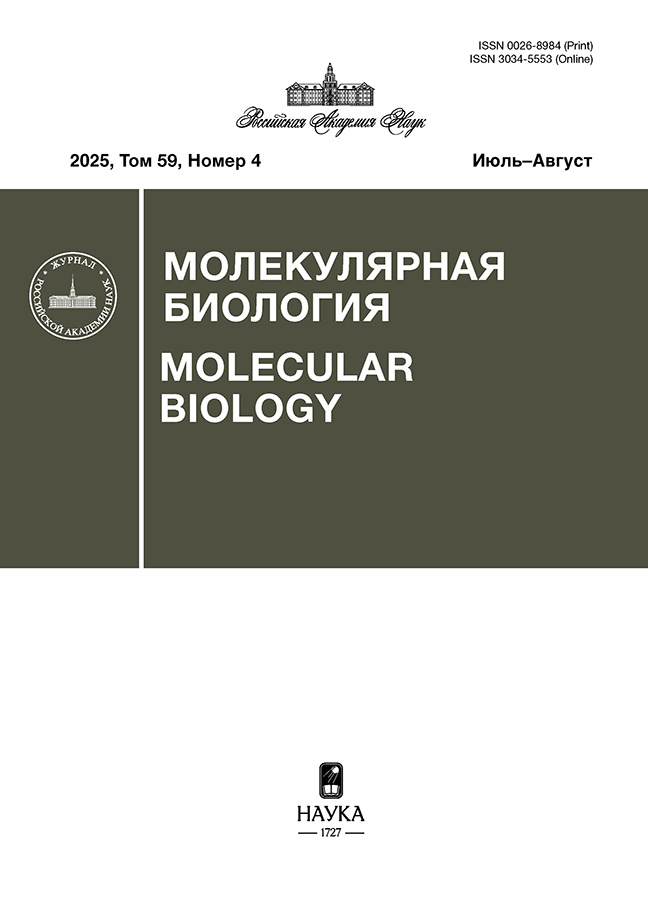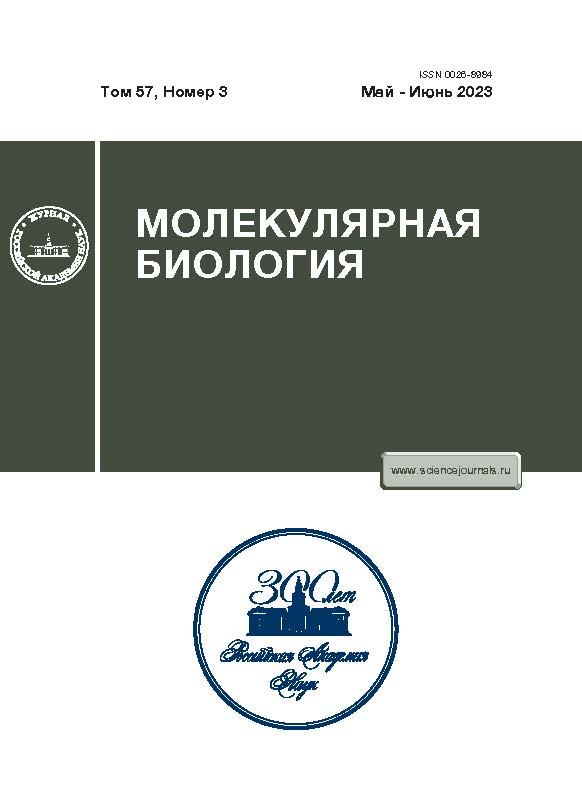Влияние рецептора-γ, активируемого пролифератором пероксисом, на модуляцию синтеза ангиопоэтин-подобного белка 4 в клетках Caco-2, обработанных Clostridium butyricum
- Авторы: Zhao X.1, Huang H.S.2, Shi S.R.3
-
Учреждения:
- College of Agriculture and Forestry Science, Linyi University, Linyi
- Shandong Longda Biotechnology Co., Ltd.
- Poultry Institute, Chinese Academy of Agricultural Sciences
- Выпуск: Том 57, № 3 (2023)
- Страницы: 501-502
- Раздел: МОЛЕКУЛЯРНАЯ БИОЛОГИЯ КЛЕТКИ
- URL: https://innoscience.ru/0026-8984/article/view/655421
- DOI: https://doi.org/10.31857/S0026898423030217
- EDN: https://elibrary.ru/CIBNGM
- ID: 655421
Цитировать
Полный текст
Аннотация
Ангиопоэтин-подобный белок 4 (ANGPTL4) считается одним из важных циркулирующих медиаторов, связывающих кишечные микроорганизмы с метаболизмом липидов хозяйского организма. В представленной работе изучено влияние рецептора-γ, активируемого пролифератором пероксисом (PPARγ) на модуляцию синтеза ANGPTL4 в клетках Caco-2, обработанных Clostridium butyricum. Жизнеспособность клеток Caco-2 и экспрессию в них PPARγ и ANGPTL4 определяли после cокультивирования с клетками C. butyricum в концентрации 1 × 106, 1 × 107 и 1 × 108 КОЕ/мл. Показано повышение жизнеспособности клеток в присутствии C. butyricum. Кроме того, экспрессия и секреция PPARγ и ANGPTL4 в клетках Caco-2 значительно возрастали в присутствии 1 × 107 и 1 × 108 КОЕ/мл C. butyricum. Более того, влияние PPARγ на модуляцию синтеза ANGPTL4 в клетках Caco-2, обработанных 1 × 108 КОЕ/мл C. butyricum, проверено также на модели активации/ингибирования PPARγ в клетках Caco-2 и с использованием метода иммунопреципитации хроматина (ChIP). Обнаружено, что C. butyricum стимулирует взаимодействие PPARγ с сайтом связывания PPAR, локализованным перед сайтом старта транскрипции гена angptl4 (chr19: 8362157-8362357) в клетках Caco-2. Однако PPARγ это не единственный путь стимуляции продукции ANGPTL4 под действием C. butyricum. В целом, PPARγ участвует в регуляции синтеза ANGPTL4 в клетках Caco-2, обработанных C. butyricum.
Об авторах
X. Zhao
College of Agriculture and Forestry Science, Linyi University, Linyi
Автор, ответственный за переписку.
Email: kity850814@163.com
China, 276000, Shandong
H. S. Huang
Shandong Longda Biotechnology Co., Ltd.
Email: ssr236@163.com
China, 276400, Linyi, Shandong
S. R. Shi
Poultry Institute, Chinese Academy of Agricultural Sciences
Автор, ответственный за переписку.
Email: ssr236@163.com
China, 271018, Yangzhou, Jiangsu
Список литературы
Дополнительные файлы











